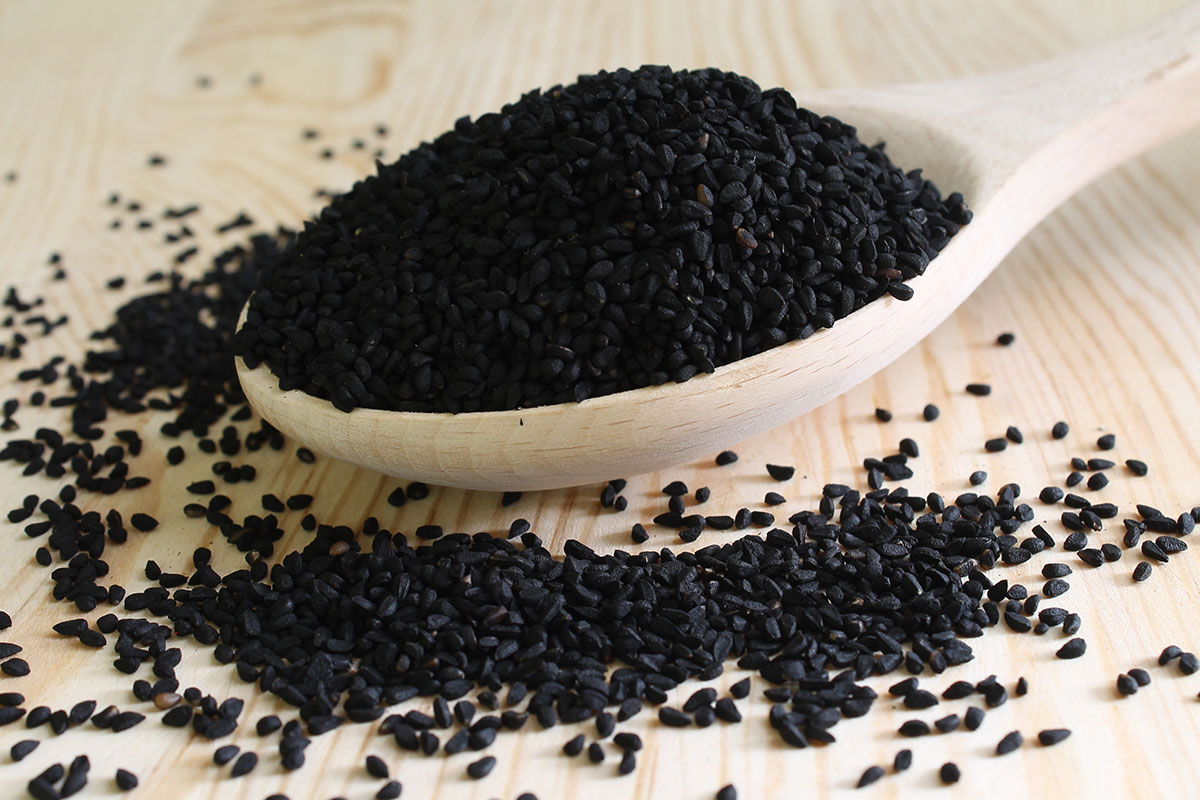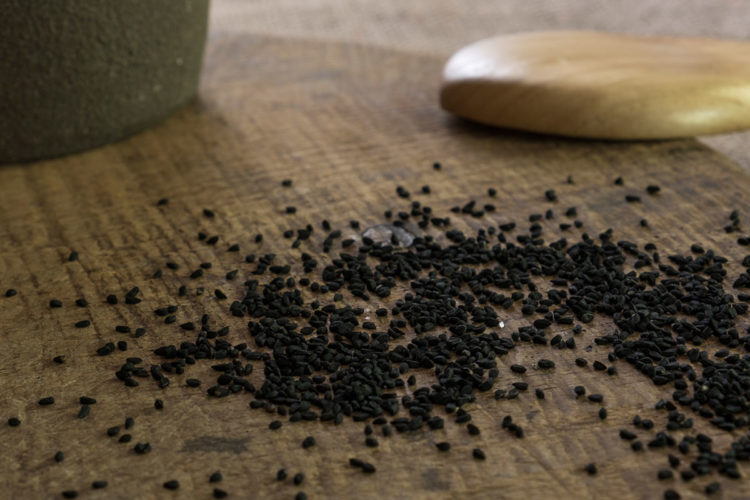Black Seed - Nigella Seed
Black Seed: A Time-Honored Crop Cultivated Across Turkey
Black seed has been a vital agricultural product and cultural symbol across many civilizations, appreciated for its deep color, unique flavor, and historical presence in local trade and cuisine. In Turkey, this small yet potent seed has a long legacy, cultivated with traditional methods and strong regional expertise. As global interest in natural and heritage crops grows, black seed continues to be recognized not only for its culinary applications but also as a key symbol of agricultural heritage in Turkish farming communities.
Turkey is one of the notable countries where black seed is cultivated extensively. The country’s varied geography, rich soils, and favorable seasonal cycles provide optimal conditions for growing black seed, especially in regions like Southeastern Anatolia and Central Anatolia. In these areas, farmers have cultivated black seed for generations, using methods passed down through family lines and rural cooperatives that emphasize respect for the land and consistent production quality.
Typically planted in the spring, black seed thrives under full sun and well-drained soil, reaching maturity toward the end of the summer. The harvesting process, still largely traditional in many parts of Turkey, involves carefully drying and separating the tiny black seeds from the rest of the plant. This stage is crucial for preserving the seed’s intense color and texture, which are key characteristics sought by buyers and processors in both domestic and international markets.
Black seed has strong roots in Turkish cuisine and artisanal production. It is commonly used as a topping for bread and savory pastries, offering a hint of sharpness and aroma that enhances traditional recipes. Its presence in spice blends, pickles, and condiments across Turkish kitchens speaks to its importance as more than just a seasoning—black seed carries cultural value and represents regional identity. In rural households and artisan markets, it is often sold loose or packaged as part of custom spice assortments, especially in cities and villages known for preserving traditional food practices.
The growing interest in traditional and naturally sourced foods has led to an increase in the demand for black seed from Turkey. As consumers look for products tied to specific regions and farming cultures, black seed grown in Turkish soil stands out for its traceable origin, aroma, and historical role in the local economy. This demand supports farmers and producers who use sustainable farming approaches to maintain soil health and minimize environmental impact.
In recent years, Turkish agricultural institutions and local cooperatives have supported black seed farming through training and regional development initiatives. These efforts focus on improving yield consistency while maintaining the traditional qualities of the crop. By combining local knowledge with updated agricultural practices, farmers are able to meet the needs of both traditional markets and expanding international demand.
The economic role of black seed in Turkey should not be underestimated. Many smallholder farms rely on this crop as a reliable source of income. It is often grown alongside other staples like wheat, barley, or chickpeas in rotation-based systems that help protect the health of the soil and maintain biodiversity in farming communities. The low water requirement of black seed makes it especially valuable in areas where water resources are limited, allowing farmers to cultivate a high-value crop with relatively low input.
Black seed’s value is also cultural. Its presence in folk traditions, local proverbs, and ceremonial foods ties it to Turkish identity and storytelling. In certain regions, black seed is celebrated in seasonal festivals or featured in agricultural fairs that promote local products. These events provide farmers with opportunities to sell directly to customers and share the stories behind the seeds they grow.
As Turkey continues to invest in preserving traditional agriculture while also modernizing its systems, black seed remains a central part of this effort. Its adaptability to various climates, ease of storage, and compatibility with regional farming systems make it a resilient and strategic crop for the future of sustainable farming in the country.
In conclusion, black seed is much more than a small, dark spice—it is a symbol of agricultural continuity, culinary identity, and rural livelihood in Turkey. Grown with care, harvested with knowledge, and celebrated in tradition, Turkish black seed offers a glimpse into the country’s rich farming landscape and cultural fabric. As more people around the world look for authentic, regionally rooted products, black seed from Turkey continues to gain recognition for its quality and heritage.
Product Information
Crop: Cultivated
Parts used: Seeds
Quality: Cleaned, 100% pure and natural.
Available as: Whole
Industry used: Food, Dietary/Nutritional Supplement, Phytotherapy and Feed industries.
Packaging: Kraft paper bags, PP bags and PE bags in various sizes
Country of origin: TÜRKİYE



